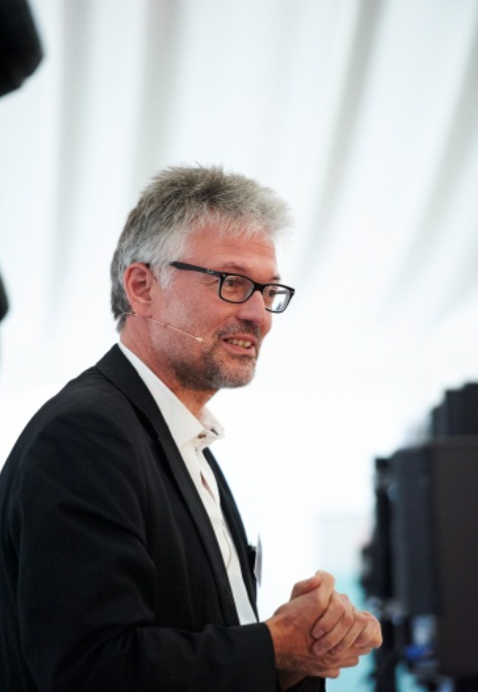Reuse of religious heritage in Flanders
Today the increasing secularization process in Flanders doesn’t fit any more with the historical oversupply of parish churches. Their daily use has been replaced by a specific use during only a few major life events such as weddings or funerals. Regardless questions related to the cult as such or the place of the church in society, the challenge now is how the ca. 2000 existing parish churches can be re-positioned in the heart of the local society. To what extent they are able to absorb alternative functions and meanings, given their growing maintenance costs?
Since this is a complex issue and a shared responsibility with bishops, local church councils, central church authorities, local communities and governments at different levels, the responsible Flemish minister Bourgeois commissioned the administration to deliver a report on the topic. Joris Scheers chaired the working group during the period 2010-2011 en edited the report ‘Aanbevelingen van de werkgroep (her-)bestemming en ruimtelijke inpassing van parochiekerken.’ (2011).
See article in VRP Ruimte, page 68.
Back to portfolio
